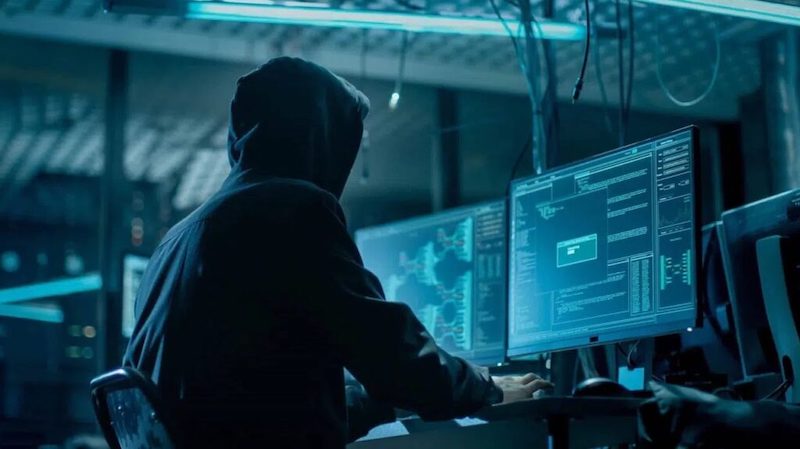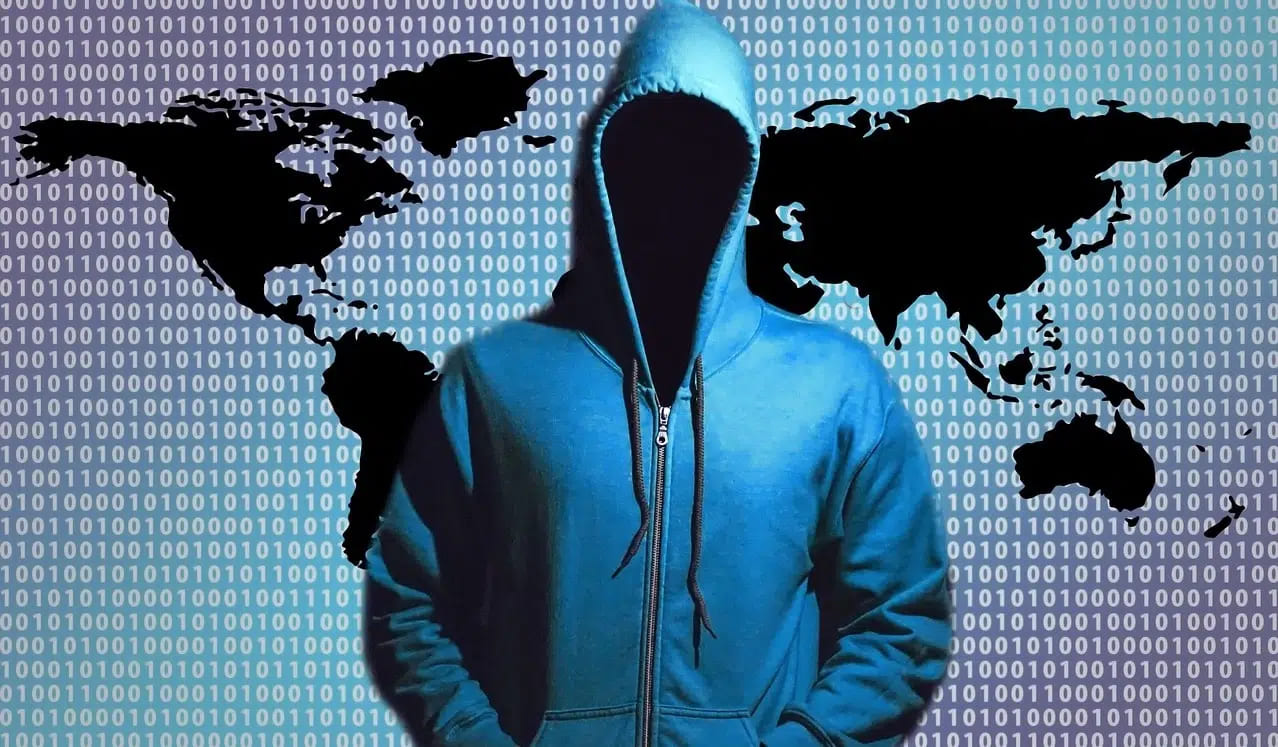Over the years, cyber offensives of any type and entity have attacked (in Italy and around the world) government, public administration and private company sites.
But the action of the last few hours has paradoxical contours, which we don’t know whether they first invite smiles or despair.
In fact, an attack was launched hacker attack on the Federprivacy website. Which, as the name suggests, is the association of Italian privacy and personal data protection professionals. Let’s find out what happened, and who claimed responsibility for the attack.

The hacker attack on Federprivacy
The official Federprivacy website suffered a hacker attack on Monday 13 November and was back in operation as we are writing, on the morning of Tuesday 14 November.
Even though (at 10.15 am) there is still a post on the association’s Instagram profile, a photocopy of what appeared yesterday on the site, accompanied by the caption (in all capital letters): “hacked by Team Alpha: it claims to make others feel at safe and holds computer security courses. he was hacked too.”
For several hours, the sensational action completely changed the home page of the site. On which the following message could be read, preceded by the signature of the Alpha Team cybergang: “This is proof of access to your server. Your IT infrastructure was compromised, which allowed us to access your server and databases.”
This type of disturbing action is called defacing (which means to disfigure, and the reason is self-explanatory).
The offensive on LinkedIn
In addition to the hacker attack on Federprivacy, Alpha Team also accessed the hacker profile of the association’s president, Nicola Bernardi. On his wall, cybercriminals left as many as six messages.
One of which reads: “Alpha Team: We demonstrate that those who sell or promote data security goods or services do not themselves protect the data they have in their custody from others. And this is serious, because an association like Federprivacy collects many tens of thousands of euros every year from its members and cannot fail to protect their data by investing some of that money in the security they advertise so much when offering their services?
We don’t mock anyone, perhaps they mock you, because not everyone collaborates voluntarily within Federprivacy. Open your eyes, the world is not that cartoon they tell you on television.”
Solo defacing?
Defacing, we were saying, would only be a demonstrative action.
Yet, in another message that appeared on Bernardi’s LinkedIn wall, Alpha Team announced that it had made a copy of two databases, a complete backup of the server and email addresses, as well as having changed the email passwords, those of X, Instagram, LinkedIn and Zoom.
Alpha Team added that it has no intention of making the data public, but only demonstrating the vulnerability of a site created specifically to protect other people’s data.
In the message, in which the hackers addressed Nicola Bernardi directly, it is hoped “that the issue will be resolved in the most discreet way possible”, and the cancellation of the data held by Alpha Team is promised. “Obviously, to do that, we would like to talk to you and find an agreement that satisfies both parties.”
The damage to one’s image
The fact that the Federprivacy website has been restored may suggest that an agreement occurred between the association and the hackers.
Who, beyond the criminal action, are not entirely wrong in what they wrote. It is embarrassing to say the least that those who should be responsible for protecting user data do not know how to do the same with their own. In short: even if the stolen information is not disclosed, the strong damage to the image remains. And beyond this, the need to urgently question the real effectiveness of certain defensive systems.
The Clusit report
Clusit recently published a report, in which it examined 1,382 global attacks launched in the first half of 2023.
The result is certainly not comforting for our country: if the growth of offensives, at a global level, at 11% has slowed down, Italy is bucking the trend with an increase of 40%.
This is what Clusit commented: “The demonstration attacks that occurred against Italian entities or companies can be traced back to the geopolitical situation with particular reference to the conflict in Ukraine in which groups of activists act through campaigns aimed at our country, as well as other nations of the bloc pro-Ukrainian”.















Leave a Reply
View Comments